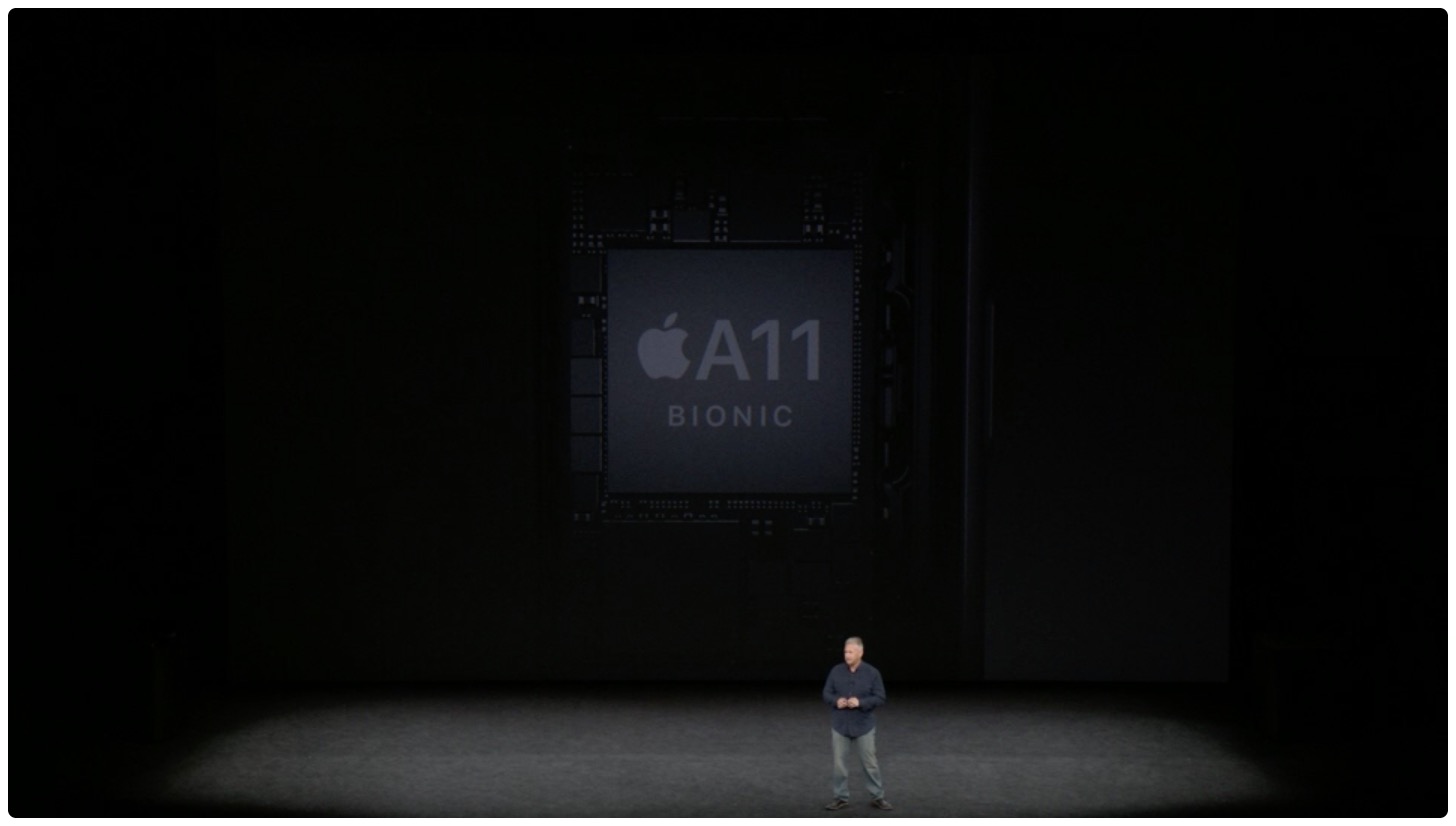
The Korea Trade Commission (KTC) has kicked off an investigation into Apple’s local branch over an alleged patent infringement of a state-run research institute’s chip technology.
The Korea Times reported Friday that the Korean Trade Commission (KTC), which is an intellectual property arm of the Korea Advanced Institute of Science and Technology (KAIST), has accused Apple Korea of using its patented semiconductor manufacturing process technology, known as “fin field effect transistors,” without permission.
The technology enables a 3D transistor design that increases the degree of semiconductor integration on a chip, making it run faster while reducing energy consumption.
The state-run research institute claims iPads and all iPhone models from iPhone 6s onward that are imported from China and Hong Kong and sold in Korea violate the patent rights.
As per the commission under the Ministry of Trade, Industry and Energy, KAIST demanded earlier this month that the government investigate Apple’s Korean unit and its devices.
Should they determine that a patent infringement has in fact occurred, the body has the power to “issue a corrective order, while fining Apple Korea 30% of its annual sales.”
I find this development utterly bizarre.
TSMC manufactures Apple’s in-house designed A-series processors in iPhone X and iPhone 8 using its own FinFET transistor technology. The Wikipedia entry credits TSMC as one of FinFET’s inventors, but KAIST is not even mentioned.
Interestingly, the Korea Times claims that the fin field effect transistor technology was first developed by Seoul National University professor Lee Jong-ho in partnership with KAIST.
PatentlyApple’s Jack Purcher opined:
If there’s an investigation on Apple’s use of FinFET, it should have been aimed at TSMC. Going after Apple instead of TSMC is political maneuver and a way to hurt the Apple brand now that they’re about to open their first flagship store in that country. It’s a move that is likely cheered on by Samsung who has worked with KAIST over the years.
The report goes on to explain that the KTC was established in 1987 to “investigate and remedy domestic industrial injury inflicted by unfair trade practices and rising imports.”
Following strong iPhone sales in South Korea, Samsung’s home turf, the government has been harassing the Cupertino firm with various investigations. Just last month, South Korean authorities raided Apple’s offices prior to the scheduled iPhone X launch in the country.
I fully expect Korean regulators to soon launch a high-profile investigation into Apple’s practice of slowing down older iPhones with degraded batteries.